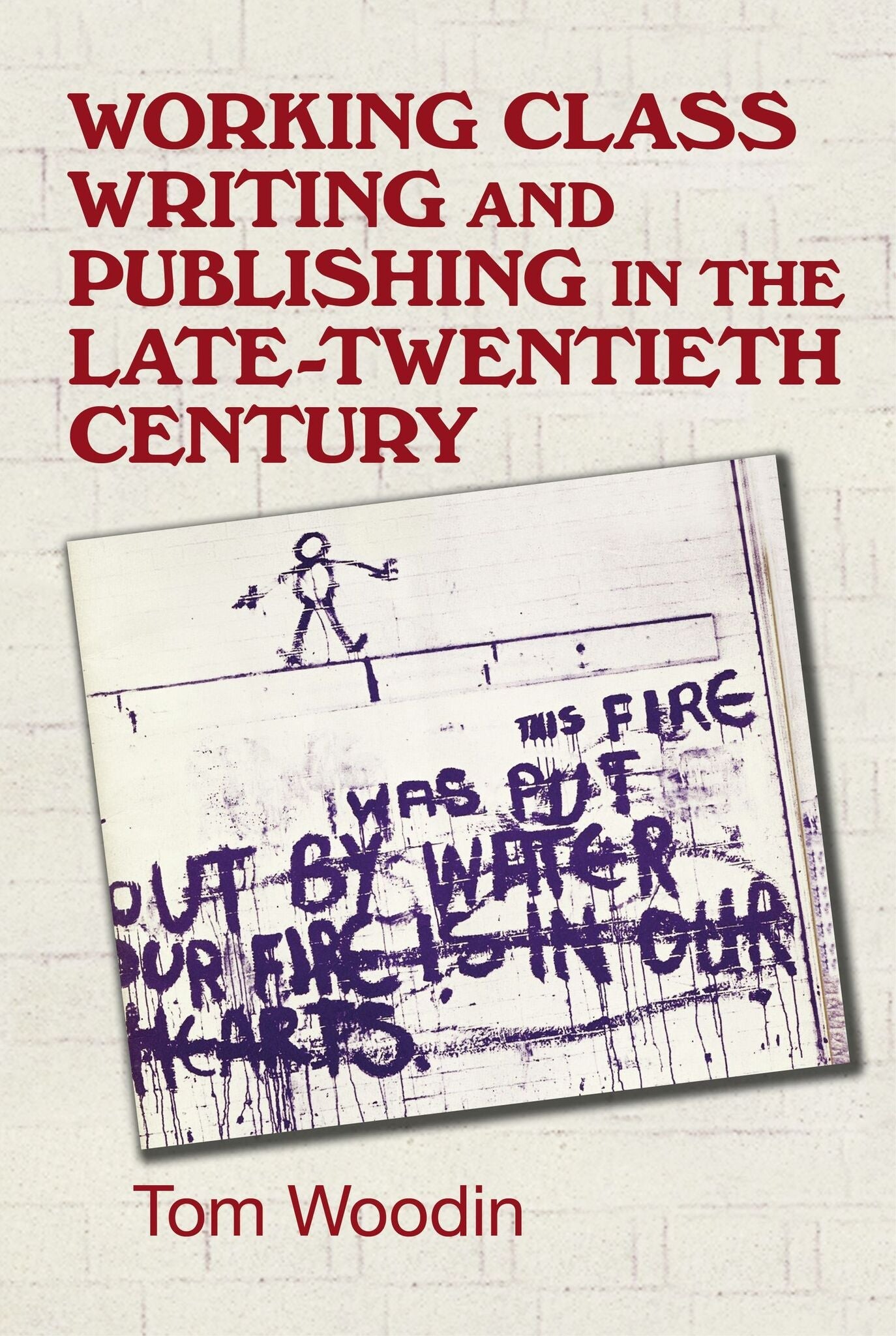We're sorry. An error has occurred
Please cancel or retry.
Working-class writing and publishing in the late twentieth century

Some error occured while loading the Quick View. Please close the Quick View and try reloading the page.
Couldn't load pickup availability
- Format:
-
05 June 2020


HISTORY / Social History, Social and cultural history, SOCIAL SCIENCE / Sociology / General, SOCIAL SCIENCE / Social Classes & Economic Disparity, LITERARY CRITICISM / European / English, Irish, Scottish, Welsh, SOCIAL SCIENCE / General, Social classes, Sociology, Literary studies: general

'Tom Woodin should be heartily congratulated for his exemplary study of British working-class writing and publishing by ‘the fed’ (Federation of Worker Writers and Community Publishers) from the mid-1970s to the early 2000s. Woodin provides his readers with a critical yet sympathetic history of ‘the fed’ and the working class poets and writers whose work it published. By doing so he has made an enormous contribution to the study of working-class literature, and indeed working-class studies, in the UK, US, or elsewhere around the globe.'
Gary Jones, American International College
'A compelling read.'
British Journal of Educational Studies
Introduction
1 Sources of radicalism
2 Young people’s writing
3 The good old days?
4 A beginner reader is not a beginner thinker
5 The workshop and working-class writing
6 Making writers: more writing than welding
7 Alternative publishing and audience participation
8 Chuck out the teacher: critical pedagogy in the community
9 Class and identity
10 The mainstream and the movement
Conclusion
Notes
Bibliography
Index



